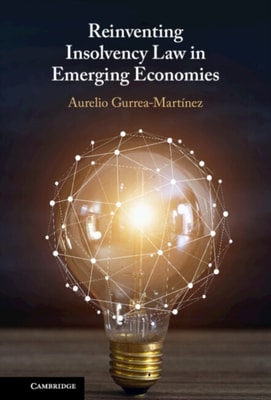Die (vor-)insolvenzliche Unternehmenssanierung steht in einem Spannungsfeld zu den Prinzipien des Wettbewerbsschutzes, und zwar sowohl aus der Perspektive des Sanierungsrechts, das durch den Wettbewerbsschutz eventuell übermäßig „ausgebremst“ wird, als auch aus der Perspektive des Wettbewerbsrechts, dessen Ziele durch insolvenzrechtliche Sanierungshilfen konterkariert werden könnten.



